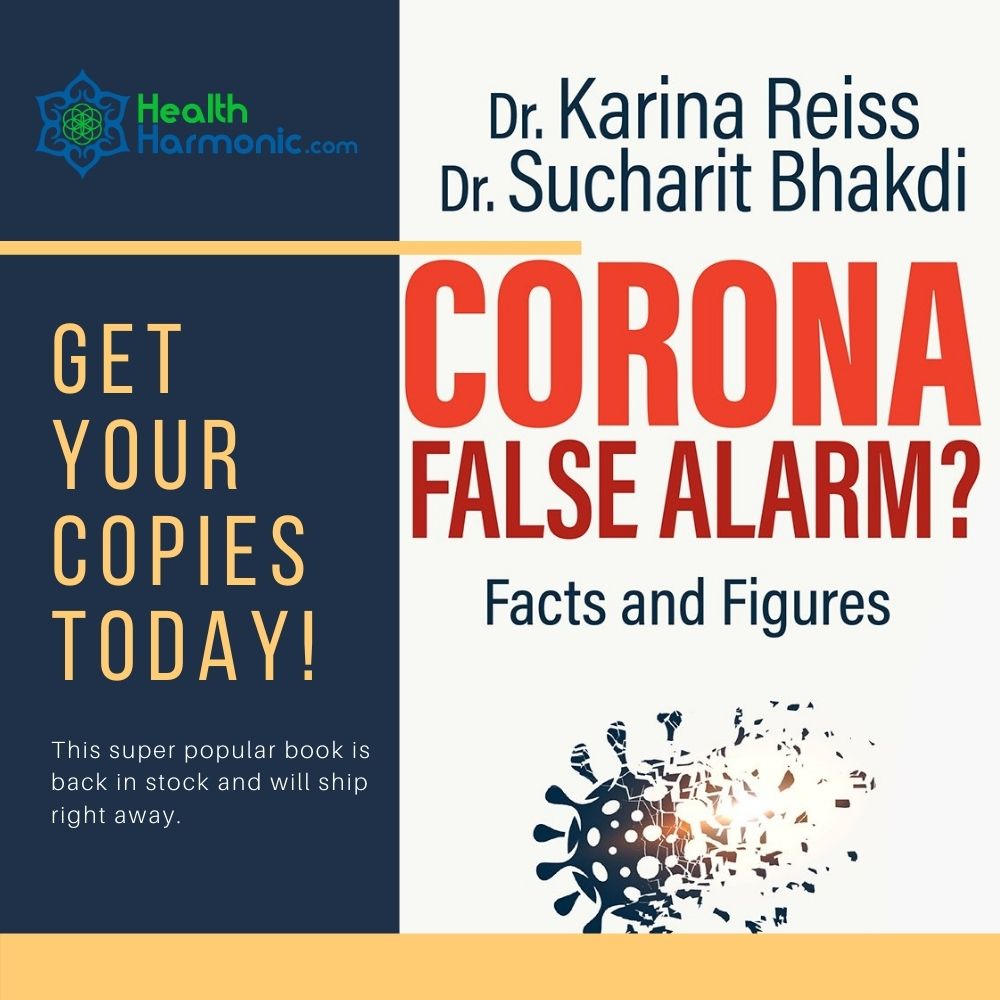
More reason to eat vitamin-rich foods! Vitamin C, an essential nutrient that acts as an antioxidant, could boost cognitive functions, according to a new report.

Researchers from Australia’s Centre for Human Psychopharmacology at Swinburne University of Technology and the National Institute of Integrative Medicine found that the antioxidant properties of vitamin C could augment the general development of neurons, promoting efficient cognitive skills.
A separate study confirmed the effects of vitamin C to the brain. The study found that vitamin C deficiency impairs normal brain function "during development or regeneration after suffering a traumatic brain injury."
New review shows connection between vitamin C levels and brain function
(Natural News) Vitamin C gets a lot of buzz during cold season, but it turns out that the nutrient also has a substantial effect on the human brain. Researchers from Australia’s Centre for Human Psychopharmacology at Swinburne University of Technology and the National Institute of Integrative Medicine have found a link between vitamin C levels and cognitive function.
The antioxidant properties of vitamin C have been studied extensively, but its biological roles in the brain have only become a topic of interest recently. Animal studies show that the vitamin plays a crucial role in neurodevelopment by impacting not only the general development of neurons but also neuron differentiation and the formation of myelin.
Given its importance in the central nervous system, many studies have looked into whether a person’s vitamin C status is related to their cognitive performance. However, the review carried out by the Australian researchers is the first one to examine the effects of vitamin C levels on cognitive performance in people with normal cognitive functioning as well as those who are cognitively impaired.
The researchers looked at studies published on the topic between 1980 and January of this year. Many of these used the Mini Mental State Examination, which is a reliable questionnaire that estimates the severity of an individual’s cognitive impairment and can show its progression over time. It measures cognitive domains such as recall, calculation, language, orientation and the ability to follow basic commands.
The researchers selected 50 studies for inclusion from a pool of 500 articles. Fourteen of the studies involved participants who were cognitively impaired – for example, with Alzheimer’s disease and other forms of dementia – while 36 studies involved participants who were cognitively intact.
They found that among those who were cognitively intact, blood concentrations of vitamin C were correlated with cognitive ability; no such correlation existed in those with cognitive impairment. In addition, cognitively impaired individuals have significantly lower blood concentrations of vitamin C than their non-cognitively impaired counterparts. Some experts have posited that those with dementia are elderly and often unable to make smart dietary choices or chew their food well, so nutrient deficiencies are to be expected. Another explanation for the deficiency in those with cognitive impairment, however, is the increased oxidation of the vitamin as a response to the heightened production of free radicals in the brain.
Image courtesy of: Nicky Page






